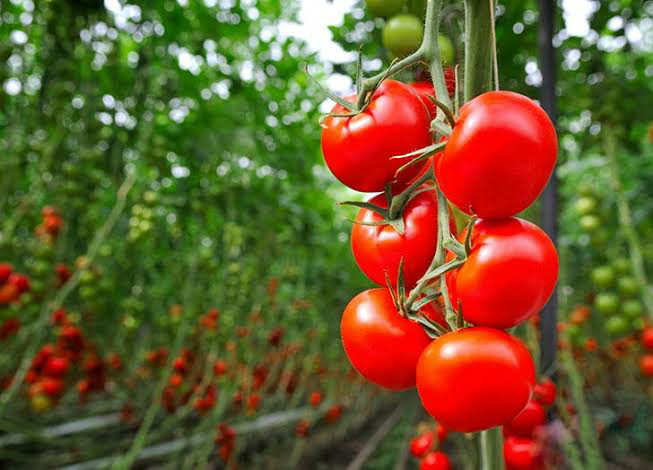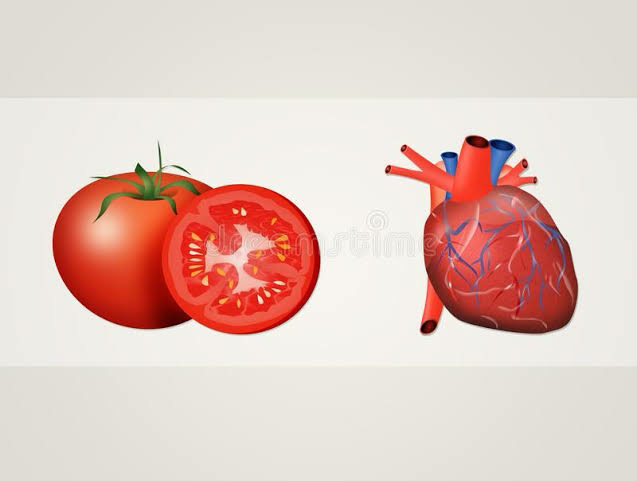Hello readers!
Few facts that we will discuss in this article are most common mistakes that people make while eating or drinking healthy diets.
Let's discuss few of them here,
1. CARROT
2.Water
Drinking lots of water is good. But too much water can create electrolyte imbalances, due to free sodium and potassium ions being lost by sweating and defecating. Another more extreme consequence is an accumulation of water in the brain that causes it to swell and increase pressure on the skull. Although rare, both cases have been seen in athletes who often feel they need rehydration after a long workout or in people with kidney problems.
3. AVOCADO
Avocados contain fiber and lots of vitamins. It can also help you lower bad cholesterol (LDL) and maintain your body's cells due to its high content of monounsaturated fat. But. fat is still fat. An avocado contains 240 calories, accounting for about 10% to 20% of the ideal calories of a normal person. Eating too many calories can lead to artery blockage problems. Avocados are also a high FODMAP food, meaning they contain carbohydrates that may not be digested or absorbed well. A person should eat about half or at most 1 avocado per day.
4.BEETROOT
Beets are an excellent source of vitamins and minerals. It also contains lots of nitric oxide which your body will convert into nitrate to help lower blood pressure. But this substance can then be converted into nitrosamine also found in meat, meaning it may increase the risk of causing esophageal or stomach cancer. Because of this, it's best to avoid incorporating large amounts of beets and red meat when cooking.
5. SEAWEED
Seaweed is a rare example of a non-animal product but rich in vitamin B12, making it a great alternative to meat in a vegetarian diet. It has also been promoted as a superfood that can help you lose weight thanks to its high iodine and fiber content. But high amounts of iodine can lead to thyroid problems and even . weight gain. Seaweed may also contain large amounts of heavy metal depending on where it is grown.
6.SOYA and Its Derivatives
Soy foods are rich in nutrients including high quality B vitamins, fiber, potassium, magnesium and protein. It is considered a complete protein because it contains all nine essential amino acids that the body cannot make. But if you are having a recent diet change due to thyroid problems, be careful. Soy may interfere with the hormone drugs used to treat hypothyroidism in female patients. Although studies do not yield conclusive conclusions, it is worth observing carefully.
7.CHIA Seeds
Chia seeds have been sold as a superfood because of their high omega-3 content, so far there is no evidence to suggest their health benefits, especially related to heart disease. circuit. Omega 3s contained in chia seeds are harder to absorb than those offered by salmon, by weight. And most notably, 100 grams of chia seeds contain about 500 calories, the equivalent of a hamburger in a fast food restaurant.
References :- Google Search , Wikipedia, Scienceinfo,
Thank you for your Valuable time .
Stay Healthy and Stay Blessed.
















